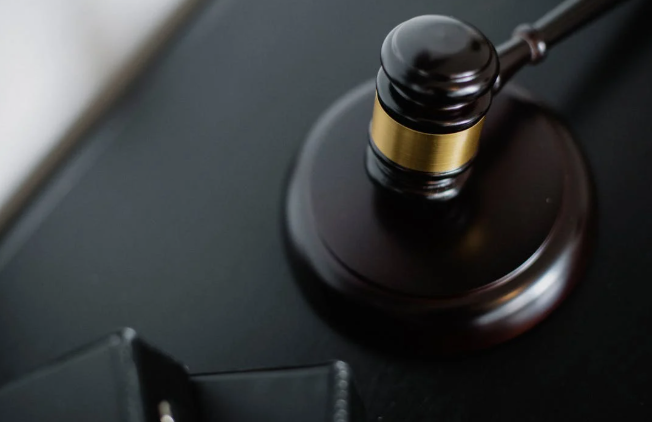In a significant development for the K-pop world, the Seoul Central District Court ruled that the exclusive contracts between NewJeans and their agency, ADOR, remain valid.
The decision marks a critical moment in this high-profile dispute and sets the tone for how similar cases may be handled in the future.

What You Need to Know About the Dispute: NewJeans vs ADOR/HYBE
NewJeans debuted under ADOR, an imprint of HYBE Corporation, and quickly achieved global success. Tensions surfaced in late 2024 when the five members of the group announced they were terminating their contract with ADOR, citing alleged breaches and a loss of trust.
ADOR rejected their claims and moved to assert its rights via legal action. In early 2025, ADOR secured a provisional injunction preventing NewJeans from independent commercial activities without agency approval. Two mediation sessions took place (in August and September), but both ended without agreement.
What the court decided
On October 30, the Seoul Central District Court’s Civil Agreement Division 41 officially confirmed that the contracts signed on 21 April (with a supposed end date in 2029) are valid and enforceable.
The ruling states that those contracts legally bind the members unless further appeal changes the outcome. Also noteworthy: the court ordered the litigation costs to be borne by the members.
The decision underscores that the agency-artist framework under K-pop remains robust in the eyes of the law—at least in this case.
Implications for NewJeans
For the group, this means their path forward is limited within the scope of their existing contract with ADOR. Many fans and observers believed NewJeans were aiming for greater independence or for a label switch. Now, unless they successfully appeal the ruling, they must remain under ADOR’s management.
That may affect how and when they release music, sign endorsements, or even rebrand. Several industry voices have already signaled concern over how this decision may affect creative freedom.
From a practical perspective, the group’s hiatus (announced in March) may now be cast in a different light—one where the legal limits, rather than purely artistic choice, factor into their inactivity.
Impacts on the agency landscape
Beyond one group, this ruling sends a message to agencies and artists alike. For labels, it reaffirms the enforceability of exclusive contracts under current South Korean law. For artists, especially in the K-pop system, where long-term exclusive agreements are common, this may temper expectations of achieving departure or independence through legal remedies alone.
Some legal experts suggest this verdict may influence future disputes by setting a precedent.
The decision may also prompt both sides to consider mediation or stronger negotiating positions before conflicts escalate.
What Happens Next?
Although the court ruled in ADOR’s favor at the first trial level, the case is unlikely to end here. Either party, NewJeans or ADOR, has until 14 November (KST) to appeal the decision.
If no appeal is filed, the ruling becomes final and binding.
Should the members appeal, we can expect another round of legal argumentation and possibly further delays to their activity. Meanwhile, the group’s future output, endorsements, and schedule may remain suspended or strictly controlled until clarity emerges.
Final Thoughts
While artists increasingly seek creative autonomy, they still operate within frameworks that give their labels significant control. For NewJeans, this verdict is a setback—not just in terms of immediate freedom but in setting expectations for what they can negotiate going forward.
That said, the appeal process may still change the outcome or open the door for negotiated solutions behind the scenes. Often in these disputes, while the headlines focus on conflict, the real legal work is always done quietly.
If you’d like the latest updates and in-depth coverage on K-pop and K-drama, don’t forget to check out Saranghero for the freshest news and insights.